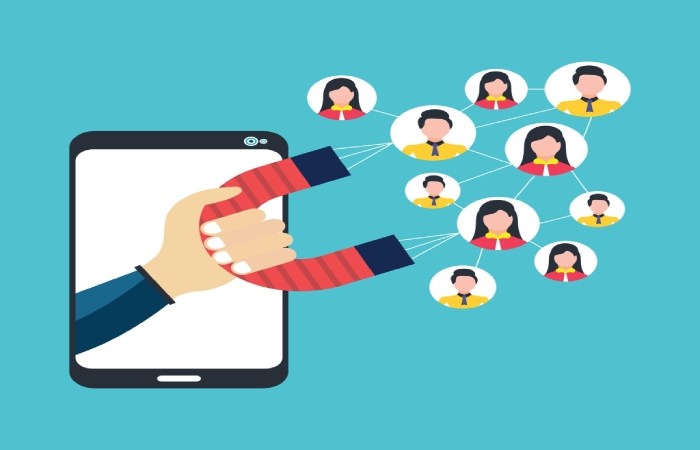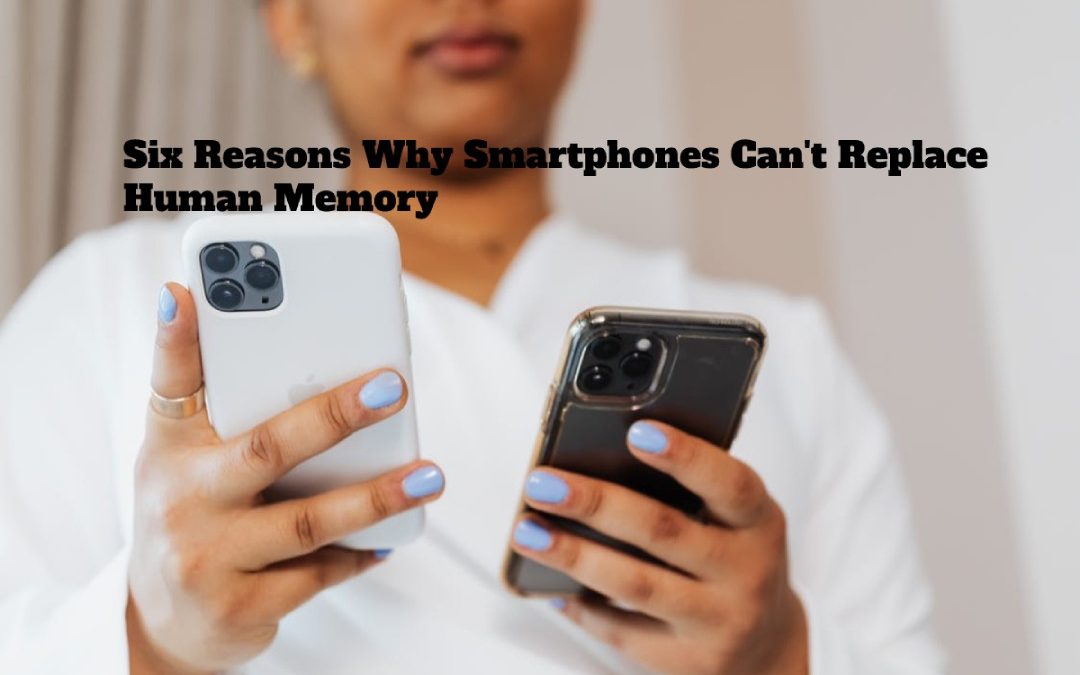Table of Contents
Introduction
Suppose today we go to a high school student and ask him to arrange for the presidents of America, read the periodic table, or enumerate the state capitals. But we won’t always be able to consult our smartphones at all. In that case, all we’ll get is an empty look of stupidity, or he’ll say, “well, let me get my phone.”
Here we show you a few categories of life where Smartphones memory has to overcome digital search engines:
1. Repetition Factor:
There are some details that we need to reach frequently, and we need to save them because the massive amount of searches we will need often can stop our lives from working.
For example, looking for every word we need, every direction we go, or even the lock code for the school locker every time we need to open the closet will significantly reduce our productivity.
Cultural Factor: Smartphones Can’t Do?

We cannot interact with society without having some moral foundations of history and culture. Without these references, we will not understand the context of current events or what questions we should ask.
So we won’t understand ads, articles, not even jokes. (imagine yourself needing to turn to a search engine every time you hear a joke.)
Without knowing these references, you won’t have the context to comprehend current events—or even know what you’re missing or what questions to ask. You won’t understand advertisements, editorials or even news articles. And you won’t get anybody’s jokes. You’ll be unemployable and undatable.
3. Social Worker: Smartphones Can’t Do?
No matter how we develop, we will always need to know some basic facts about friends and family.
For example, we must have immediate access to the president’s name at work, the husband/wife’s birthday, and the children’s names.
The need to search for this data electronically when we are in a face-to-face situation with one of these can hurt feelings (and lead us to unemployment).
Security Factor: Smartphones Can’t Do?
it is clear that we now have programs that eliminate our need to save passwords that can fill in login information to all websites.
But we still have to open those programmes every day by introducing one central password that we will have to save.
This is true in the case of physical work: we can make some of its parts automatic, but in the end, there is a physical key, card or tape that we need to know where to find and how to use it.
Programs like Dashlane and LastPass autofill our login information on the Websites we visit and even fill in our credit card information when we buy something online. But you still have to unlock those programs each day by entering a master password—one you’ll have to memorize.
That’s true of physical security, too: you can automate parts of it, but there’s a physical key or card or fob at the end of the line. So you have to know where to find it and how to use it.
Productivity Factor:
Even if our day-to-day business requires something we can quickly look for in search engines, such as molecular weights, stock exchanges or drugs, our work will falter if we repeatedly cut the torrent of work every few minutes to search.
We need fluency if our work is to be effective.
6- Search Factor:
Our tools may always be able to evoke request information, but only if we know how and where to look for it. We still have to understand how to use modern search engines: rotten tomatoes, Wikipedia, Dictionary.com or even: What was the other name? Oh yes, Google.


